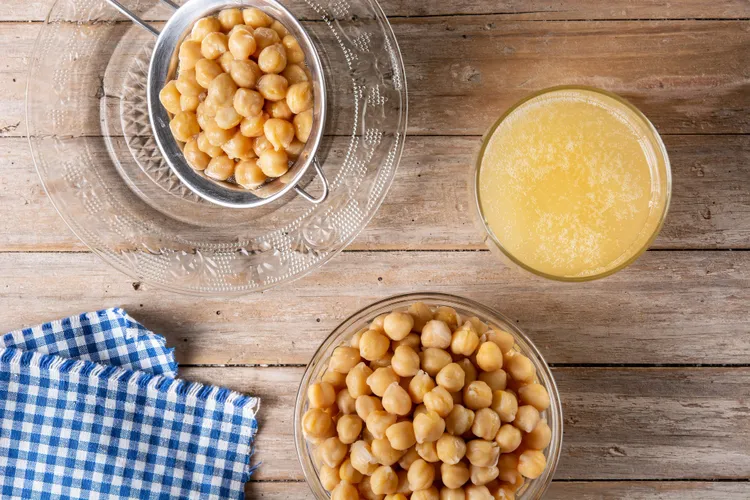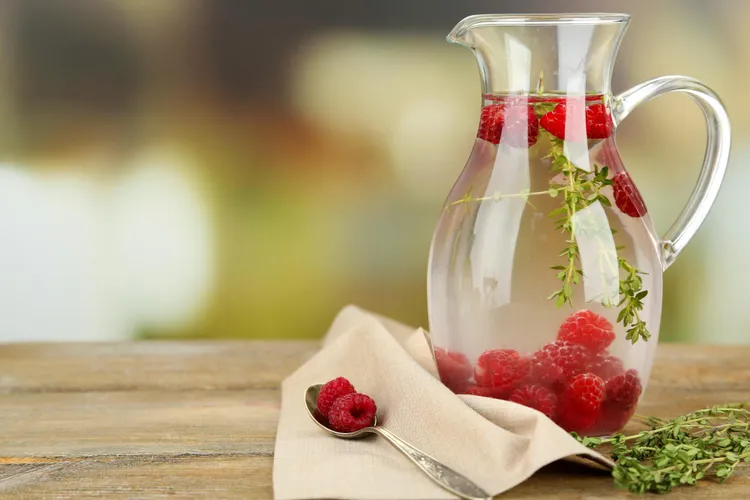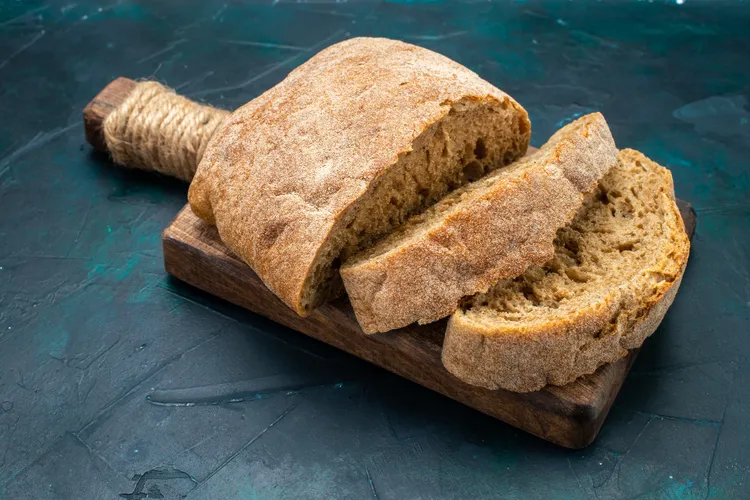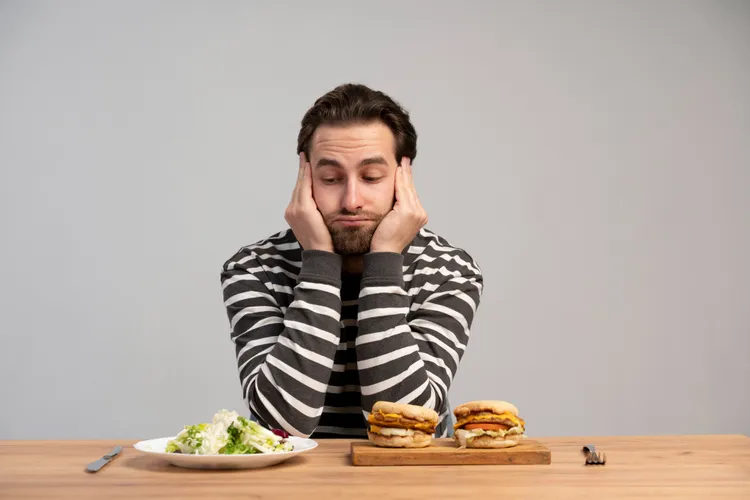Pre-Workout vs Post-Workout Nutrition: What’s the Difference?
Ever wonder if your pre-workout snack really matters? Or what to eat after training so your muscles recover faster? I’ve got you! Let's break down the real difference between pre- and post-workout nutrition - with timing tips, food lists, and easy recipes you’ll actually love. Because fitness isn’t just about the workout - it’s about how you fuel it.
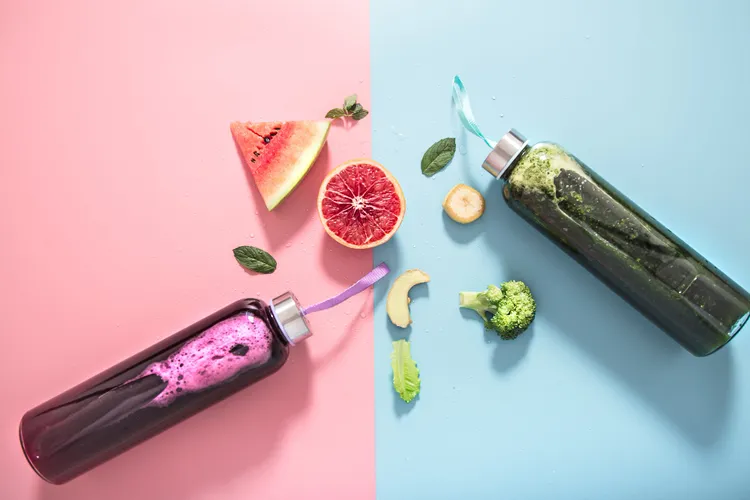
Why Timing Your Nutrition Matters
You’ve probably heard it before: “Nutrition is half the workout.”
But what does that really mean?
Here’s the truth - what you eat before and after your workout can make or break your results.
Pre-workout meals set the stage for energy, endurance, and focus. Post-workout meals help your body repair, rebuild, and recover.
Both matter - but for different reasons.
Think of it this way: your pre-workout nutrition is the fuel for your engine, while post-workout nutrition is the rebuild kit for your muscles.
In this blog, we’ll break down the differences, ideal timing, and food types for each, plus share delicious recipes to help you put theory into practice.
Pre-Workout Nutrition: The Fuel for Performance
Your pre-workout meal gives your body the energy and stamina to train effectively - without crashing mid-set or feeling sluggish.
It should be easy to digest, energizing, and balanced in protein and carbs.
Why It Matters
-
Carbohydrates = your main energy source. They provide glycogen, the stored fuel for your muscles.
-
Protein = prevents muscle breakdown during exercise.
-
Hydration = keeps you alert and prevents fatigue.
Nutritionist’s Tip: Avoid very high-fat or heavy meals right before exercise - they slow digestion and can cause bloating or cramps.
Pre-Workout Timing
Timing is everything.
Here’s how to schedule your pre-workout fuel:
-
2-3 hours before: A full, balanced meal with protein, carbs, and fats.
-
30-60 minutes before: A light snack or smoothie focusing on carbs and protein.
Example: If you train at 6 PM, have a balanced meal at 3-4 PM, and a light pre-workout snack (like a banana + yogurt) around 5:15 PM.
Best Foods to Eat Before a Workout
Here’s how to build your pre-workout plate:
-
Carbs: Oats, rice, fruit, or whole-grain bread - these give steady energy.
-
Protein: Chicken, tofu, eggs, or Greek yogurt - for muscle protection.
-
Fats: Small amounts of avocado or nuts for sustained energy.
Hydration Reminder: Drink water or coconut water 30 minutes before exercising. Being even 2% dehydrated can lower performance.
Recipes for Pre-Workout Energy
Banana Oatmeal Protein Pancakes
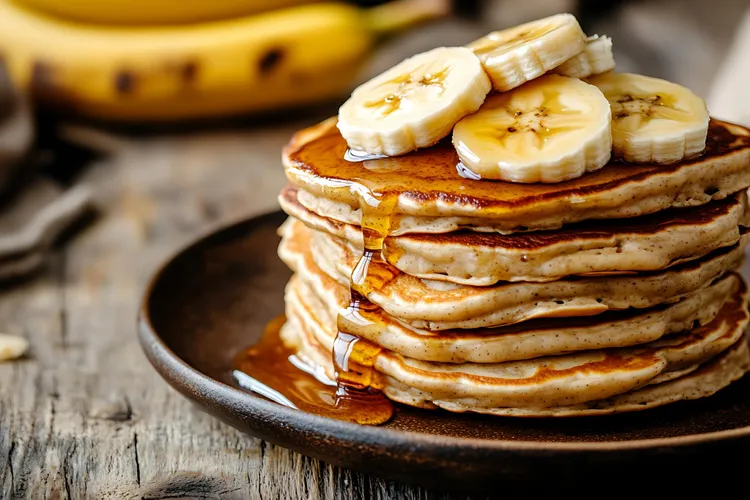
Light, high-energy pancakes packed with oats and banana for slow carbs, plus protein to keep you full.
Perfect 2–3 hours before a workout.
Peanut Butter Banana Smoothie
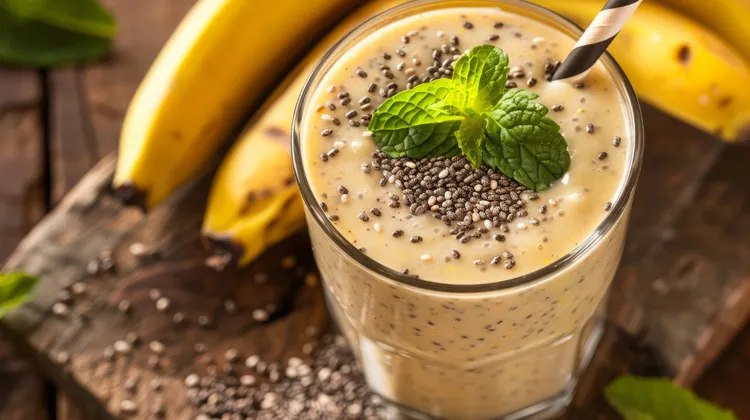
Quick, simple, and full of pre-workout power. Bananas for carbs, peanut butter for healthy fats, and milk for protein.
Enjoy 45 minutes before training for lasting energy.
Post-Workout Nutrition: The Foundation for Recovery
After exercise, your body is primed for repair. Your muscles have tiny micro-tears, glycogen stores are depleted, and inflammation is slightly elevated.
This is where post-workout nutrition comes in - to replenish, rebuild, and reduce soreness.
Why It Matters
-
Protein repairs muscle tissue and builds strength.
-
Carbohydrates refill glycogen stores for your next session.
-
Healthy fats and antioxidants reduce inflammation and joint stress.
Timing Tip: Eat your recovery meal within 30-60 minutes post-workout for best results - that’s when your body absorbs nutrients most efficiently.
Post-Workout Nutrition Goals
Your plate after training should do three things:
-
Rebuild: 20-40 g protein for muscle repair.
-
Refuel: 40-80 g carbs to replace energy.
-
Rehydrate: Fluids and electrolytes to balance hydration.
Best Foods to Eat After a Workout
-
Protein: Greek yogurt, eggs, tofu, chicken, or protein powder.
-
Carbs: Sweet potatoes, oats, brown rice, fruit, or quinoa.
-
Fats: Olive oil, nuts, seeds, or avocado (in small amounts).
-
Hydration: Water + electrolytes (or coconut water).
Nutritionist’s Tip: Avoid skipping your post-workout meal - it can slow muscle recovery and increase fatigue the next day.
Recipes for Post-Workout Recovery
Cherry Banana Protein Smoothie
Protein-rich, anti-inflammatory smoothie with cherries for muscle soreness relief and bananas for glycogen replenishment.
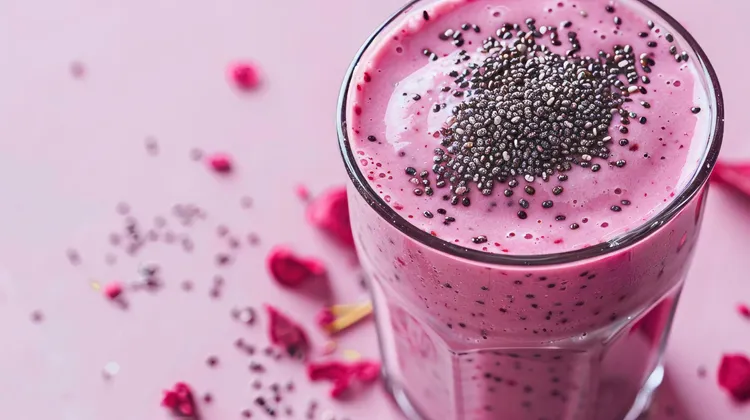
Banana protein smoothie
Straightforward and focused: banana + protein powder + water; clearly labelled for post-workout.
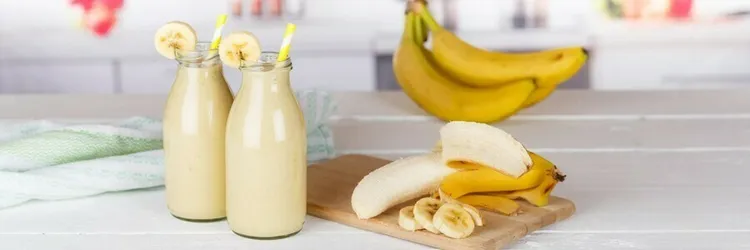
Spinach, peach and banana smoothie
Good protein + carbs + greens for repair & recovery. Tweak: Increase protein portion (e.g., add more whey or Greek yogurt) for strength recovery.
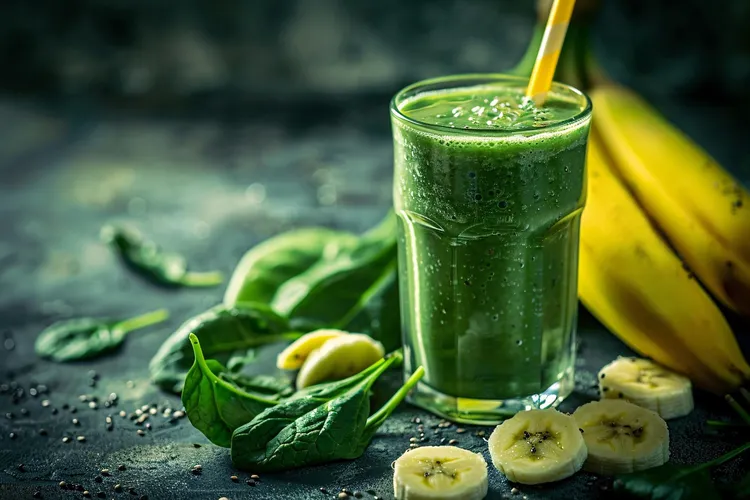
Key Differences Between Pre- and Post-Workout Nutrition
Let’s summarize the difference in simple terms:
Before your workout, your goal is energy - fueling your body so you can perform.
After your workout, your goal is recovery - rebuilding what you’ve used.
Pre-Workout: Focus on carbohydrates for energy and a moderate amount of protein. Keep it light on fats.
Post-Workout: Focus on protein for repair, carbs for glycogen restoration, and a little fat for balance.
Timing differs too:
-
Pre-workout meals: 1-3 hours before exercise.
-
Post-workout meals: within 30-60 minutes after.
Common Myths About Workout Nutrition
Myth 1: You need a pre-workout supplement to perform.
Nope! Real food does the job better - think oats, fruit, and lean protein.
Myth 2: Skipping post-workout food helps you burn more fat.
Actually, skipping recovery nutrition can cause muscle loss and fatigue, slowing your metabolism.
Myth 3: You have to eat protein immediately after your last rep.
You have a 1-hour window - there’s no need to panic if you can’t eat right away.
Balance, Not Perfection
Pre- and post-workout nutrition aren’t about strict rules - they’re about giving your body what it needs, when it needs it.
Fuel smart before you move, and refuel kindly after you move. That’s the key to feeling stronger, recovering faster, and performing at your best.
So next time you lace up your shoes or roll out your mat, remember: Your energy starts in the kitchen, and your recovery ends there too.
Continue Your Recovery Journey
FAQs: Pre- vs Post-Workout Nutrition
What should I eat if I work out early in the morning?
Go for something light but energizing - like a banana with nut butter or a small smoothie. Then have a full meal after.
Can I use the same meal for both pre- and post-workout?
Yes, if it’s balanced - just adjust portion sizes and timing.
What’s the best drink for hydration?
Water is enough for short workouts. For longer ones, coconut water or homemade electrolyte drinks help replace lost minerals.
How much protein do I need daily?
Most active adults benefit from 1.2-2.0 g per kg of body weight, depending on goals.

